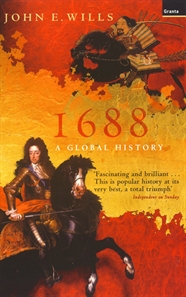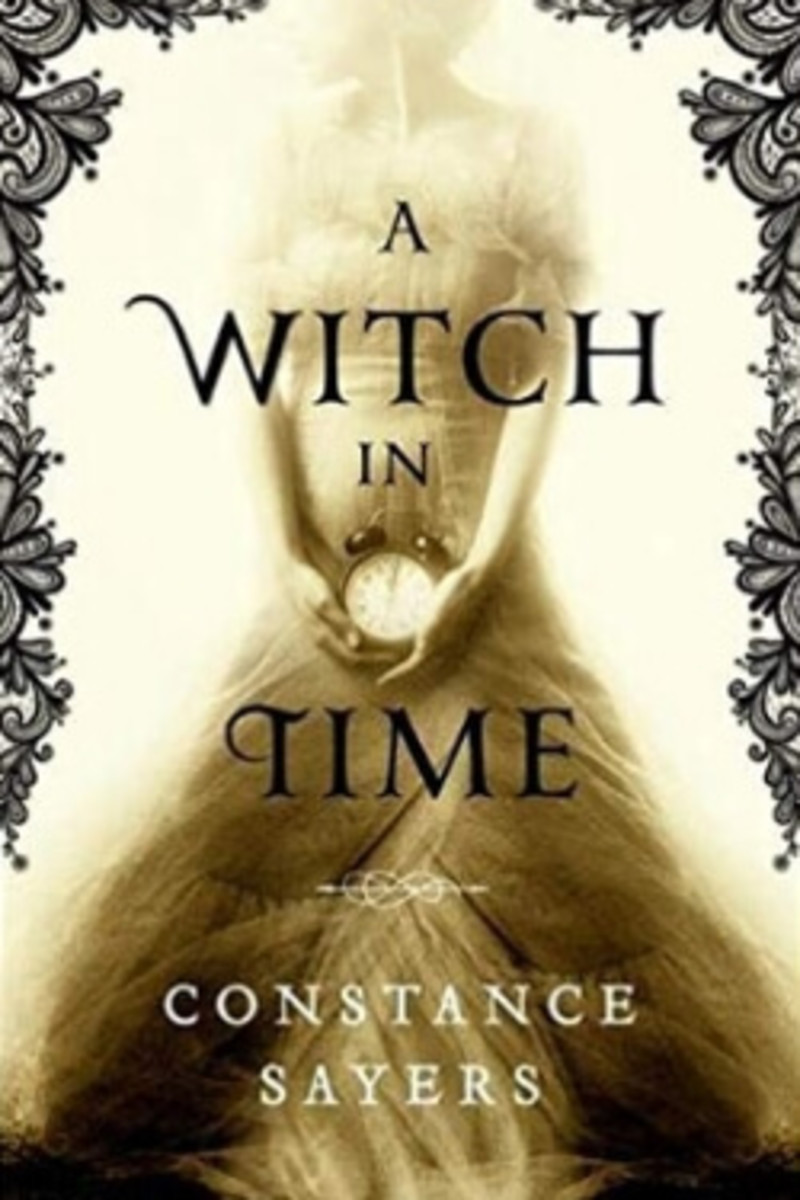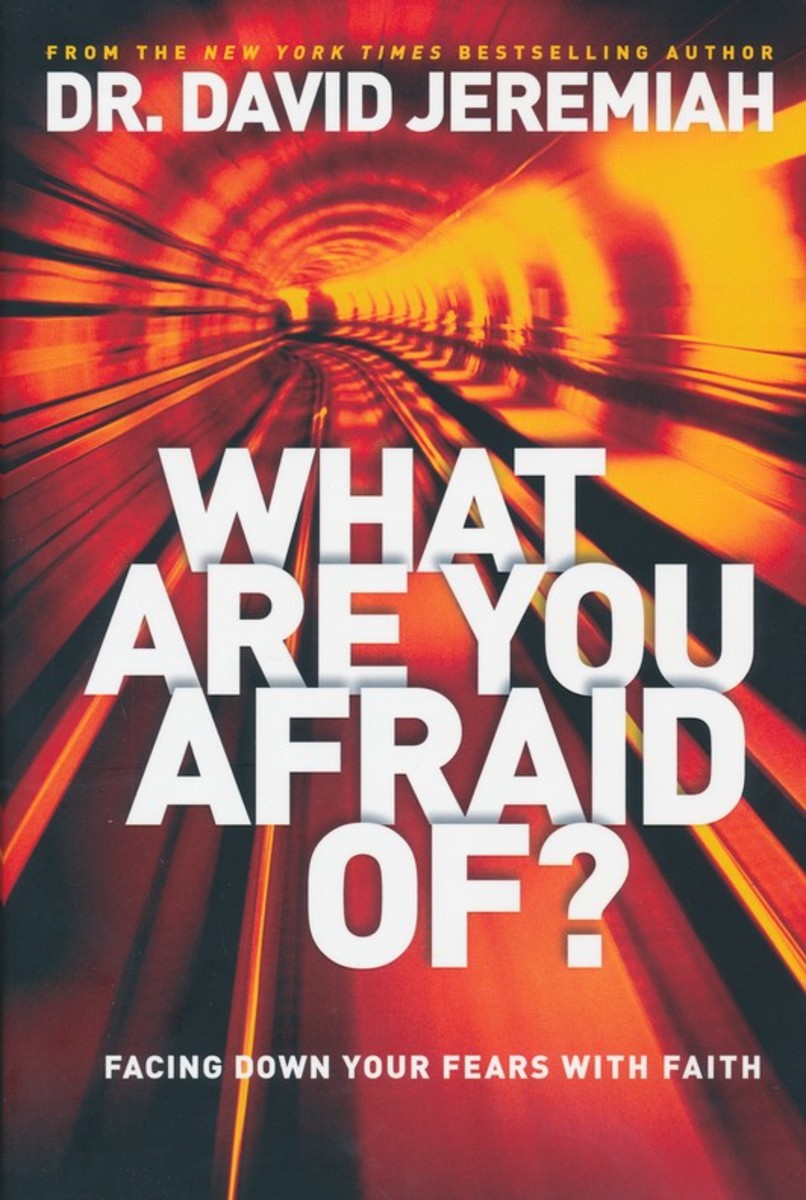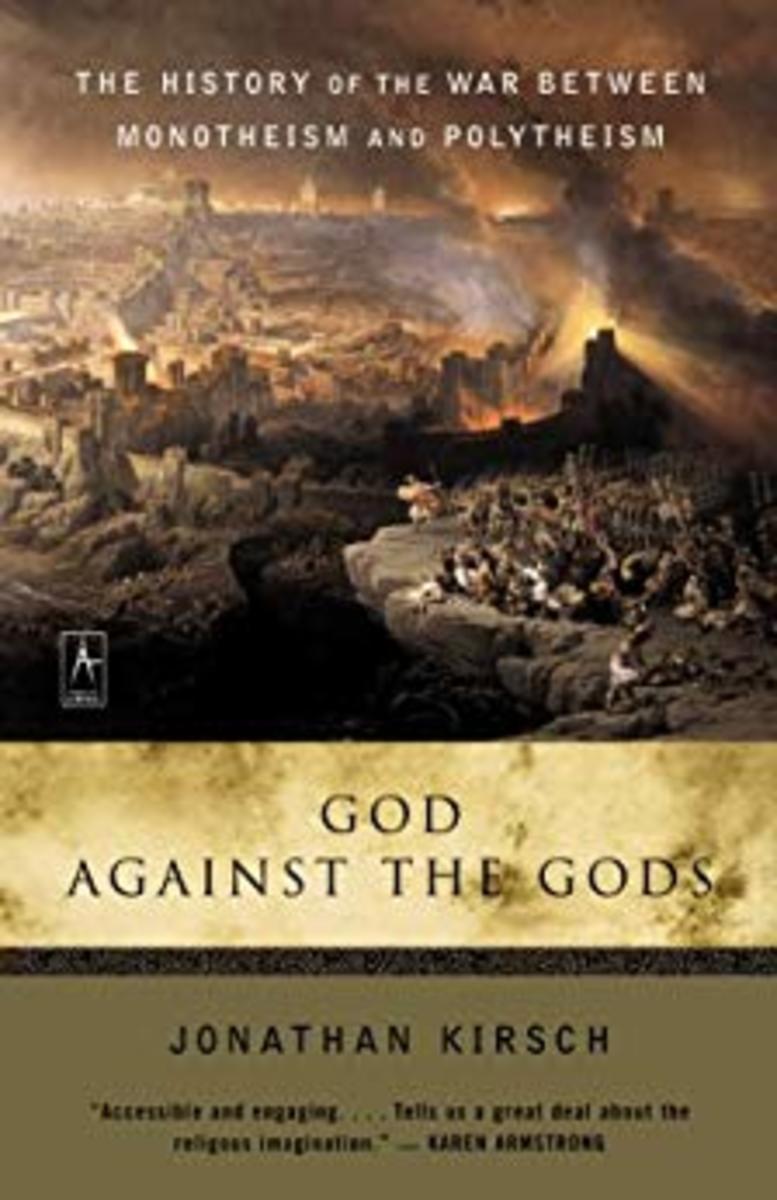Book Review: 1688 by John E. Wills

Synopsis
‘1688’ is a comprehensive guide as to what was going on around the world in 1688. From the plantations of South America to aboriginal Australia to the great pilgrimages to Mecca, Wills leaves no continent or major city unexamined. Of course though, the story of 1688 is meaningless without context, so for every city, country and person mentioned we are given a detailed history of their past leading up to 1688 as well as what happens subsequently. Britain, for example, was in the middle of what is known as the Glorious Revolution: William of Orange was planning an invasion and many of the nobles and high-ranking people in Britain actually pledged their allegiance to him rather than the current King of England, James II. Wills explains this event to us from two different perspectives, first from a chapter about Britain and then from the Dutch perspective in a chapter about them. He also tells us why there was such discontent with the current king and what happened to Britain after William of Orange invaded.
It’s not just the state of the world city by city that Wills explores, but also the individuals that were playing prominent roles in the growth of the world, documenting new discoveries and ideas. Wills looks at not only famous scientists and philosophers like Newton, Locke and Leibniz but also lesser known explorers, artists and what we’d now call anthropologists. We are told of William Dampier’s observations of aborigines on his arrival to Australia, he notes what they look like and how they act as well as the way they lived and how they survive. We also learn, for example, about the tales written by Saikaku, which I interpreted as being a lot like Aesops fables in the way they tell stories of how people become wealthy through virtuous and noble ways.
Review
I often find that I can’t really get into non-fiction books in the same way as I can with fiction. There’s no plot to keep you in suspense, and you’re not waiting to find out what happens next, because more often than not, especially with history books, you know what happens next. I don’t want to detract from the quality of the book, because ‘1688’ is an excellently written, thoroughly researched book and it is very very interesting. Often I have to force myself to persist because my concentration waivers so much, but as I said, this is no reflection of ‘1688’ itself, more of non-fiction in general.
What motivates me to keep reading is my ultimate ambition to know everything. I learnt a lot from 1688, a period of history I knew nothing about, and all the time I was reading I was aware that I was filling in a little more into my current, relatively small knowledge base. I was watching a quiz show just prior to reading ‘1688’ and there was a question about the Sun King, and I remember wondering how a King could come to have that nickname. It just so happens that Louis XIV, the Sun King, was King of France in 1688, so I now know all about it!
One thing that all fiction writers know is not to create too many characters, because it just gets too confusing, especially when people have similar names. This is unavoidable in non-fiction and in ‘1688’ I often found myself getting confused by all the different people and having to turn back to see if and when someone may have been mentioned before. Much of it did stick in my mind but there are names that I just can’t remember, and I fear that some of it when right in and straight back out again.
So many of the wars, battles and other events that have taken place through history were due to religious differences and intolerances and I found it quite difficult to keep up with who belonged to which branch of Christianity, how they felt about other religions and who were their allies and enemies. Around Europe there was a whole mix of Protestants, Church of England and Catholics, who all believed that they were the path to God and were willing to kill for it. Without referring back to the book I can’t remember which kings believed what and who wanted to be harmonious with the other branches and who didn’t. I have no doubt that this is mostly my own fault and that if I went back and made a concerted effort to keep it all in my head I could.
I would recommend this book to anyone interested in history, or like me, interested in knowing everything. Even if you’re just a little curious about the history of your country (wherever you live) then it’s well worth the read. The book is broken up into parts and short chapters so you can pick it up and read a chapter every now and again if you’re busy or like to read more than one thing at once. I really liked the way it was set out, so I could read a chapter if I didn’t have much time, or a whole part if I had the evening to read. There is also a useful index so if, like me, you want to go back and re-read a certain part it is easy to find again.









